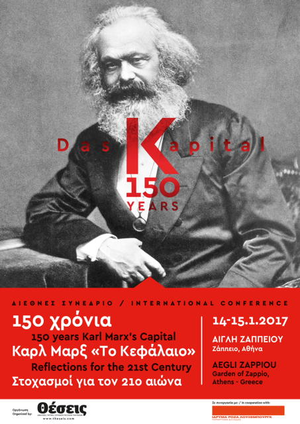Notes on Anwar Shaikh`s „Capitalism: Competition, Conflict, Crises“
Marxist economist Anwar Shaikh has written a monumental book. His thousand-plus page work Capitalism. Competition, Conflict, Crises is anything but a textbook and presupposes a basic knowledge of neoclassicism, Keynesianism and Marxist theory. It is also enriched with a sophisticated […]
Notes on Anwar Shaikh`s „Capitalism: Competition, Conflict, Crises“











